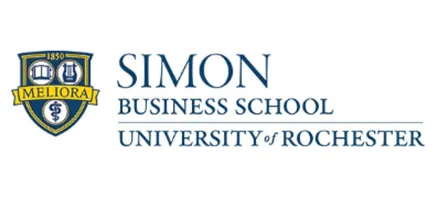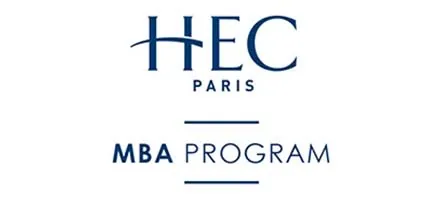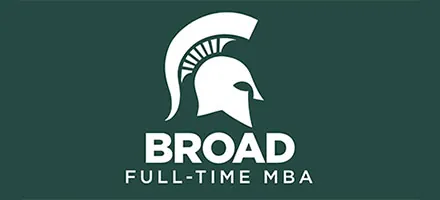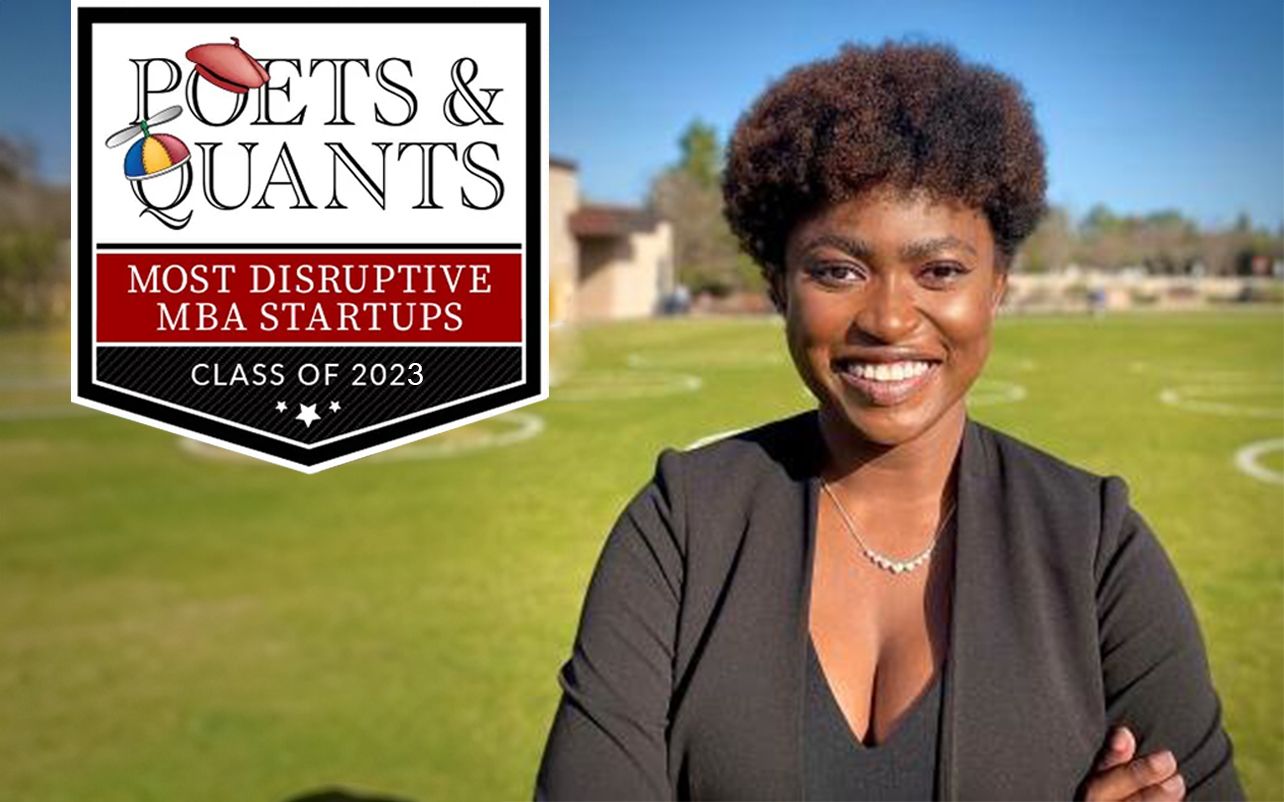ElectricFish Energy
Saïd Business School at the University of Oxford
Industry: Clean Energy/Electric Mobility
Founding Student Name(s): Folasade (“Fola”) Ayoola
Brief Description of Solution: ElectricFish is a manufacturer and operator of energy infrastructure that provides extremely, always-on fast charging to electric vehicles (EVs), and backup energy services to customers and the electrical grid.
Our plug-and-play approach works with a site’s existing electrical infrastructure, eliminates costly and time-intensive trenching and grid transformer upgrades, and is designed as a resilience-first solution to maximize EV charging uptime, grid operations and more. Our plug-and-play 350-squared enables rapid installation of direct current fast chargers with existing electrical infrastructure at a site. Our solution eliminates the need for costly and time-intensive site preparation and transformer
upgrades, accelerating installation from years to weeks and saving $100-$500K in installation costs. The vehicle-agnostic 350kW chargers can deliver up to 100 miles of range in 5-minutes.
Our Stargazer optimization engine is uniquely designed to operate at the intersection of EV fast charging and energy services on the distribution grid to fully utilize the 350kWh battery to deliver multiple energy services by value-stacking.
Our IP-backed technology delivers a resilience-first solution that eases the transition process for our customers, allowing them to maximize EV charger uptime, save on electricity costs and feel confident that their investment is resilient to any future grid disruptions.
Funding Dollars: $1.5 million dilutive, including £40,000 from the Oxford Seed Fund + $2 million non-dilutive/grants
What led you to launch this venture? Climate and energy justice requires more than low-carbon alternatives. Access, affordability, supply reliability, and equity are all important. Using energy to meet economic goals and improve quality of life also matters. Which of these goals should then be prioritized with limited resources in a climate emergency? What solutions can be used to check most, if not all of the boxes? These are the questions I’ve sought, and still seek to answer, the problems I’ve dedicated my career to solving.
I did not plan to become an entrepreneur. In the summer of 2020, during a summer business program – Ignite – that happened to be remote due to pandemic-related safety lockdowns, I met one of my co-founders, Anurag. We realized the potential to address a critical gap in EV infrastructure and grid resilience. My other co-founders, Vince and Nelio, share the same mission of building a company that not only offers technological innovation but also contributes to a more equitable and just energy future.
What has been your biggest accomplishment so far with venture? In my opinion, the very act of choosing my co-founders – my teammates in this adventure – is the biggest accomplishment of all. Shared vision, respect – even in disagreement – and trust are all so important. Things sometimes go wrong (oh so very wrong), and who you have in your corner makes all the difference. I couldn’t have asked for better people.
What has been the most significant challenge you’ve faced in creating your company and how did you solve it? I find it hard to answer this question. Perhaps because the process of building a venture is a series of significant challenges. I’ve juggled being a founder with two graduate degrees – the MBA, and a PhD. That is perhaps the hardest part for me. I’ll be able to answer the “how did you solve it” part when the PhD is completed in the coming year.
How has your MBA program helped you further this startup venture? The MBA program at Saïd Business School was instrumental in enhancing my understanding of business strategy and venture finance. It provided me with a global perspective on entrepreneurship and access to a network of peers, mentors, and resources that continue to be invaluable in growing ElectricFish.
What founder or entrepreneur inspired you to start your own entrepreneurial journey? How did he or she prove motivational to you? I come from a family of small business owners – everyone else in my family was one when I was growing up, and I was fairly certain it wasn’t for me when I was younger. While I recognize the distinction between “small business owner” and “entrepreneur”, the resilience, grit and creativity it takes to build, run, and manage a business, in Nigeria especially, trumps it in my view. I learned these and other important values from my parents and sisters, and they continue to be my inspiration.
Which MBA class has been most valuable in building your startup and what was the biggest lesson you gained from it? The Entrepreneurship Project (EP) was an incredible and timely experiential learning experience. We had the opportunity to work with talented experts in product, business transformation, and go-to-market strategy. Bonus points for their being classmates and now, friends.
What professor made a significant contribution to your plans and why? While he wasn’t a professor whose class I took, my answer would be Peter Drobac, the Director of the Skoll Center for Social Entrepreneurship at the time. In one of our conversations, we talked about multipotentiality, alignment of values, and sustainable impact beginning with the self. It helped reshape how I think about my career. I’m grateful for my time with all the folks at the Skoll Center.
How has your local startup ecosystem contributed to your venture’s development and success? The startup ecosystems in the Bay Area and at Oxford have been pivotal in ElectricFish’s growth. The access to a network of experienced entrepreneurs, industry-specific resources, and potential partners within these ecosystems has been crucial in refining our business model and facilitating our market entry.
Also, beyond the capital from the Oxford Seed fund investment, we learned a tremendous amount through the diligence process, and benefitted from the academic setting removing any incentive for VC/IC-founder information asymmetry.
What is your long-term goal with your startup? The goal is to keep building clean energy solutions that are accessible, affordable and inclusive, and to make these solutions available for everyone, everywhere.
DON’T MISS: MOST DISRUPTIVE MBA STARTUPS OF 2023










